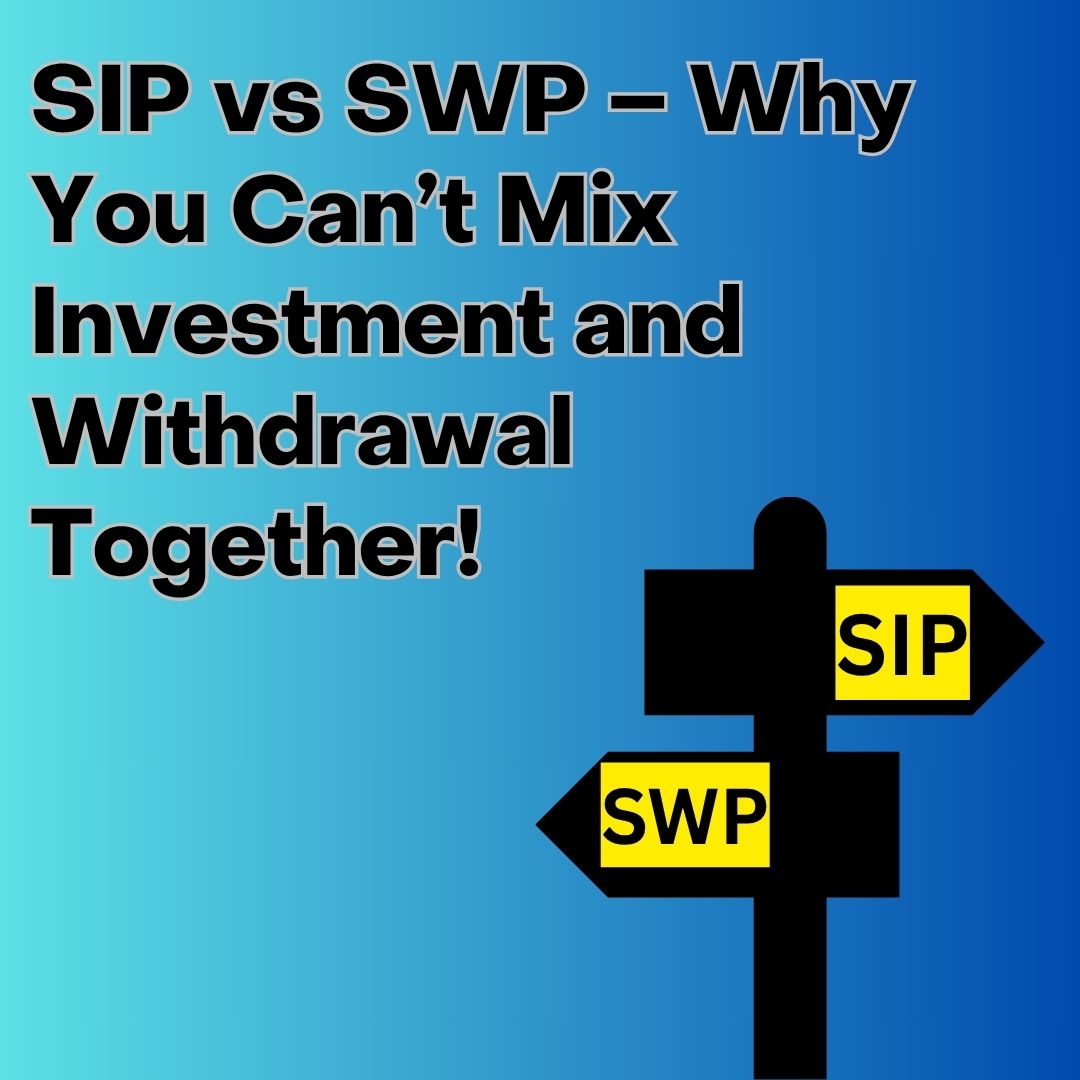- SENSEX 83358.21 -74.68 (-0.09%)
- NIFTY 50 25449.45 -11.55 (-0.05%)
- GOLD 96579 -411 (-0.43%)
- SILVER 107801 -628 (-0.58%)
- NASDAQ 20601.1 207.97 (1.01%)
- FTSE 8784.27 66.3 (0.75%)
- Nikkei 37724.11 192.58 (0.51%)
- Crude 5691 7 (0.12%)
- USD/INR 85.777 0.04 (0.05%)
- EURO 100.8784 0.19 (0.19%)
- POUND 116.7154 0.13 (0.11%)
- SENSEX 83358.21 -74.68 (-0.09%)
- NIFTY 50 25449.45 -11.55 (-0.05%)
- GOLD 96579 -411 (-0.43%)
- SILVER 107801 -628 (-0.58%)
- NASDAQ 20601.1 207.97 (1.01%)
- FTSE 8784.27 66.3 (0.75%)
- Nikkei 37724.11 192.58 (0.51%)
- Crude 5691 7 (0.12%)
- USD/INR 85.777 0.04 (0.05%)
- EURO 100.8784 0.19 (0.19%)
- POUND 116.7154 0.13 (0.11%)

Introduction:
Looking for a low-risk investment that still qualifies for equity taxation? Meet the Arbitrage Fund — a unique category of mutual fund that leverages price differences in the stock market to generate returns.Arbitrage funds are ideal for investors seeking stable returns, low volatility, and tax efficiency, especially during times of market uncertainty.
What is an Arbitrage Fund?
An arbitrage fund is a type of hybrid mutual fund that seeks to generate profits by exploiting price differences of the same security in different markets — typically cash (spot) and derivatives (futures) markets.
Example:
Let’s say Stock A is trading at ₹100 in the cash market and ₹102 in the futures market.The fund manager buys Stock A in the cash market and simultaneously sells it in the futures market — locking in a risk-free gain of ₹2 per share.This process is called arbitrage — and the fund keeps earning such small profits through multiple such opportunities.
How Do Arbitrage Funds Work?
Arbitrage funds primarily:
- Buy stocks in the cash market
- Sell the same stocks in the futures market
The return comes from the difference between the buying and selling prices, which is typically more predictable and less affected by market movements.They are technically equity funds, as more than 65% of their assets are invested in equities and equity-related instruments. However, their risk profile is similar to debt funds due to hedged positions.
Key Features of Arbitrage Funds
- Risk Level: Arbitrage funds are considered low to moderate risk investments because they hedge their equity positions. They’re ideal for conservative investors who want exposure to equity with limited downside risk.
- Returns: The returns are generally moderate, often in line with liquid funds or ultra-short-term debt funds. While not meant for high returns, they offer a good balance between safety and earnings.
- Taxation: Arbitrage funds are taxed as equity mutual funds. If held for less than 12 months, short-term capital gains (STCG) are taxed at 15%. If held for more than 12 months, long-term capital gains (LTCG) above ₹1 lakh are taxed at 10%.
- Lock-in Period: There is no mandatory lock-in, but many funds apply an exit load if redeemed within a short period (typically within 30–90 days).
- Ideal Investment Horizon: Best suited for a 3 to 6-month holding period, though holding longer may provide additional tax benefits. They work well as a short-term parking option for idle funds.
Why Should You Invest in Arbitrage Funds?
1. Low-Risk Exposure to Equity
Since arbitrage funds hedge their positions, the equity market's volatility doesn’t directly impact them. This makes them suitable even for conservative investors.
2. Tax Advantage (Equity Taxation)
- One of the biggest attractions is equity taxation:
- Short-term capital gains (STCG) taxed at 15% (if held < 12 months)
- Long-term capital gains (LTCG) above ₹1 lakh taxed at 10% (if held > 12 months)
- This is more tax-efficient than many debt instruments, especially for investors in higher tax brackets.
3. Stability During Market Volatility
Even in choppy markets, arbitrage opportunities exist due to mispricing. That’s why arbitrage funds are often used as safe parking spaces during uncertain times.
4. Better Alternative to Savings or Liquid Funds
For slightly better returns than savings accounts and more tax efficiency than liquid funds, arbitrage funds are a great short-term option (minimum 3–6 months).
Who Should Invest in Arbitrage Funds?
You should consider arbitrage funds if you are:
- A low-risk investor seeking better returns than savings or FD
- Looking for a tax-efficient alternative to liquid/debt funds
- Need a parking option for idle funds for 3–12 months
- Want to diversify your portfolio with market-neutral strategies
Things to Keep in Mind
- Returns are not guaranteed — they depend on arbitrage opportunities in the market.
- May underperform during low volatility periods when arbitrage spreads are minimal.
- Best suited for short to medium-term investments, not long-term wealth creation.
Conclusion
Arbitrage funds offer a unique proposition: low risk, decent returns, and equity-like taxation. In times when markets are uncertain or volatile, arbitrage funds can serve as a safe and smart parking tool for idle money.Before investing, ensure the fund aligns with your investment horizon, risk tolerance, and tax situation. Consult your financial advisor for personalized guidance.























